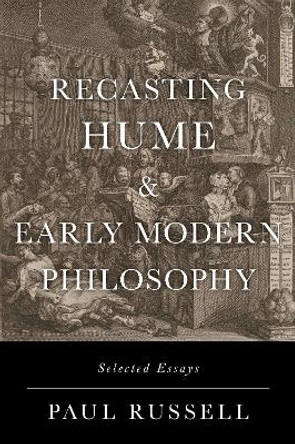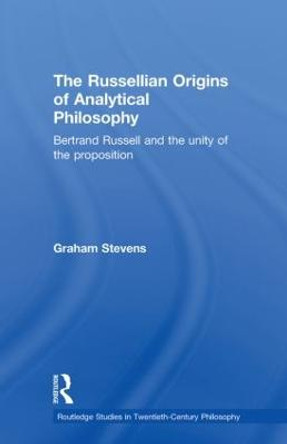The work of Bertrand Russell had a decisive influence on the emergence of analytic philosophy, and on its subsequent development. The essays collected in this volume, by one of the leading authorities on Russell's philosophy, all aim at recapturing and articulating aspects of Russell's philosophical vision during his most influential and important period, the two decades following his break with Idealism in 1899. One theme of the collection concerns Russell's views about propositions and their analysis, and the relation of those ideas to his rejection of Idealism. Another theme is the development of Russell's logicism, culminating in Whitehead's and Russell's Principia Mathematica, and Hylton offers a revealing view of the conception of logic which underlies it. Here again there is an emphasis on Russell's argument against Idealism, on the idea that his logicism was a crucial part of that argument. A further focus of the volume is Russell's views about functions and propositional functions. This theme is part of a contrast that Hylton draws between Russell's general philosophical position and that of Frege; in particular, there is a close parallel with the quite different views that the two philosophers held about the nature of philosophical analysis. Hylton also sheds valuable light on the much-disputed idea of an operation, which Wittgenstein advances in the Tractatus Logico-Philosophicus.
About the AuthorPeter Hylton is Professor of Philosophy and UIC Distinguished Professor at the University of Illinois in Chicago; he has been Chair of the department since August 2006. He received his Ph.D. in Philosophy from Harvard University. His chief area of interest is in understanding, interpreting, and coming to terms with the history of analytic philosophy.
Book InformationISBN 9780199543625
Author Peter HyltonFormat Paperback
Page Count 240
Imprint Oxford University PressPublisher Oxford University Press
Weight(grams) 380g
Dimensions(mm) 234mm * 156mm * 15mm








